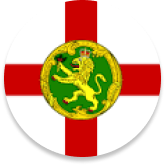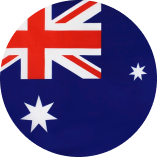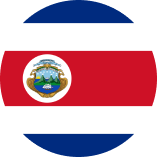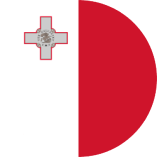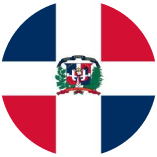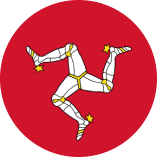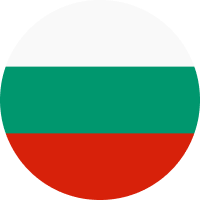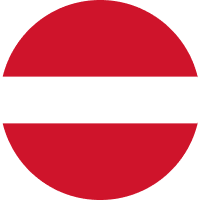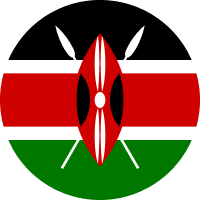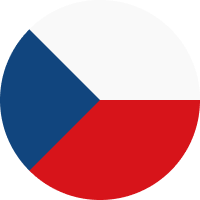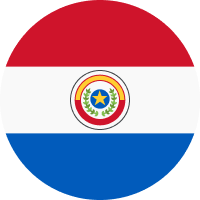

Estonia’s Gambling Licence 2026
The EU has many operator-friendly gaming hubs. However, places where the law is clear, the regulator is pragmatic, and digital tools are robust are rare. Estonia is an ideal location for new brands and venues looking to expand their online presence. The country offers a realistic balance between strict control and business flexibility. You get predictable rules, modern supervision, and a path to scale across Europe.
Casino Market explains how the gambling system works and why the remote sphere is the future of the region. Our experts break down what is legal, who regulates the market, and how to obtain the necessary permissions. If you plan to enter the iGaming industry and want a reliable and attractive destination, this might be one of the most ideal jurisdictions to enrol.
Get an official licence or order a turnkey gambling solution at Casino Market to build a brand-new business with a prestigious permit from scratch.
Gambling Legality in Estonia
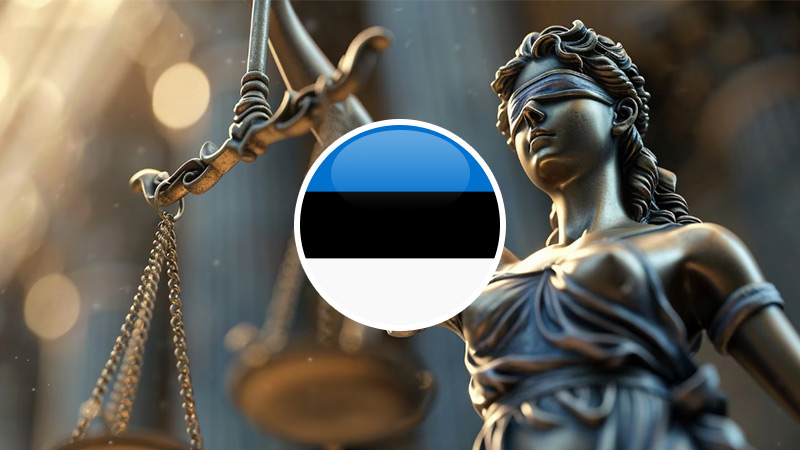
The country permits gaming activities across land-based venues and the Internet, but only under licences set by the Gambling Act. If a product has a chance, a stake, and a prize, it falls under this law.
The Estonian Tax and Customs Board supervises operators, checks compliance, and blocks illegal offers. They pay attention to any casino since it counts as a “location,” so online platforms need the same formal permissions as a physical venue.
Local companies and EU enterprises are eligible to apply, provided the business focuses on gambling, and key personnel must pass fit-and-proper checks. Operators should expect to prepare age and identity verification, self-exclusion tools, AML procedures, and proper tech audits. Regular reporting and gambling tax payments are part of the routine as well.
What is allowed:
- land-based venues with individual operating permits for each address;
- remote gambling (casino, poker, sportsbook) with online licences;
- small commercial draws under separate rules (state lottery as a monopoly);
- skill or social games outside scope if there is no chance element or cash prize.
Before planning, operators should align their target markets and languages, decide on products, secure share capital, and confirm that their platform and providers can meet Estonia’s technical and compliance duties. While the market is open, it is only available for projects that run transparently and protect players.
Online Regulation and Supervision
Remote gambling in Estonia is subject to a well-defined regulatory framework. The country takes a digital-forward yet diligent approach to online casinos and sportsbooks.
Key aspects of the local iGaming sector:
Regulator and Licensing Model
The Estonian Tax and Customs Board (EMTA) oversees online gambling and issues permits. Estonia uses a two-stage licensing system for all interactive activities. First, an operator obtains an activity licence (establishing the company’s suitability), then for each gambling product, the brand obtains a permit to actually offer games (including specific online activities).
Local and Foreign Companies
Many international operators have taken advantage of this opportunity and established EU-based operations in Estonia. Notably, about 29 online gambling operators were licensed as of 2023 (half are companies from abroad). Foreign-held Estonian licensees often serve players in other countries (e.g. Finland, Germany), which further underlines the jurisdiction’s favourable licensing environment.
Technical Requirements
Online operators must comply with key standards to ensure fair play and oversight. All licensed platforms are required to connect to EMTA’s electronic monitoring system (EHMA), which gives the regulator live access to gaming data. The operator’s systems must log every transaction and be secure against tampering. Additionally, licensees have to integrate with Estonia’s national self-exclusion register (HAMPI) to block any players who have banned themselves or are underage. These integrations are mandatory before a site can go live.
Player Protection and AML
Estonia enforces responsible gambling and anti-money-laundering rules. Online casinos must verify player identities and age, and prevent access by self-excluded individuals. Strict AML procedures are overseen by the Financial Intelligence Unit. Data protection laws (GDPR) also fully apply to iGaming operations.
Taxation of Online Gambling
Licensed operators pay a fee on their revenue. Estonia’s tax rate on GGR was historically 5%, one of the lowest in the EU, and has increased to 6% in 2024. Even after a planned rise to 7% by 2026, this remains very competitive compared to other jurisdictions. The low tax rate has been a major draw for international operators who register in the country.
Also, Estonia’s general corporate tax system imposes 0% tax on reinvested profits, which can benefit growing gaming companies. For players, winnings from Estonian-licensed online casinos are typically tax-free income. Within the EU, these winnings are often not taxed due to the mutual recognition of licensing.
Estonia’s online gambling regulations in 2025 balance innovation with player safety. The country adopts digital solutions (e-residency for company setup, electronic reporting systems) while maintaining diligent checks. An online operator entering the market should be prepared for thorough audits of their platform and ongoing compliance. In return, they gain the legitimacy of an EU permit and a foothold in a stable, tech-savvy jurisdiction.
How to Get a Remote Gambling Licence
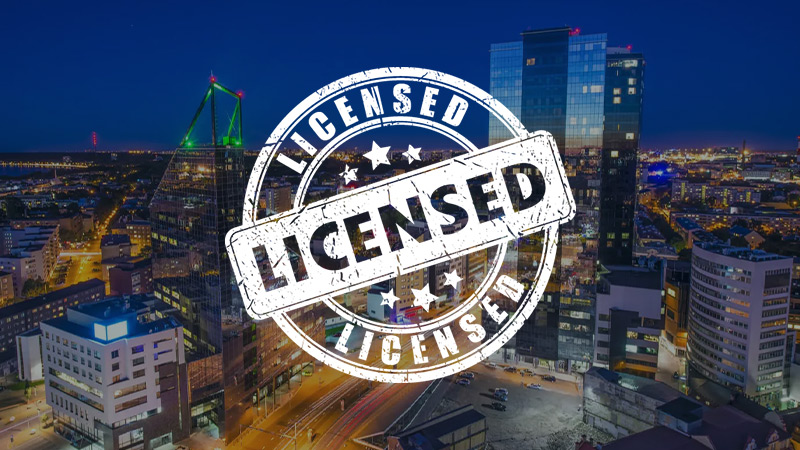
This stage turns plans into a compliant operation. The model requires the company to be vetted first, and then each product line to be authorised. Timelines are predictable, documentation is detailed, and technical links to state systems are mandatory.
Steps to go from a piece of paper to a live operation:
- Incorporate and scope. Register an Estonian or other EU company dedicated to gambling, define verticals (casino, sportsbook, poker), and map target markets. Prepare a three-year plan, policies (including RG and AML), and platform architecture.
- Capitalise the entity. Meet minimum share capital by vertical, which is about €1,000,000 for casino games, €130,000 for betting, and €25,000 for skill-based activities. Ensure funds are fully paid in and transparently sourced.
- Fit-and-proper checks. Compile clean criminal records, CVs, and ownership structure for all controllers and managers. Add proof of industry experience and absence of conflicts or prior licence breaches.
- Apply for the activity permit. File the corporate dossier with the regulator and pay the state fee aligned with the main vertical (~€47,940 for casinos, ~€31,960 for betting, and ~€3,200 for skill-based activities). Expect a 4–6 month review window.
- Build the compliance stack. Finalise KYC/age-verification flows, AML scenarios, game fairness evidence (RNG and studio certifications), and incident response procedures. Align advertising, bonus terms, and complaint handling with local rules.
- Apply for operating permits. Submit product-level applications (remote casino, betting, etc.), including game rules, payment rails, risk controls, and hosting details. Typical review time is up to 2 months per permit.
- Integrate state systems. Connect the platform to EHMA (regulator data feed) and the national self-exclusion register (HAMPI). Prove real-time blocking of excluded users and full transaction logging before approval.
Operating permits for remote products are typically valid for up to 5 years (the validity may be longer). That is why operators must track renewal dates, add new verticals through additional permits, and keep certifications up to date.
Benefits and Limitations of the Estonian Licence
The country’s legal framework strikes a balance between EU-grade credibility and practical economics. It rewards organised teams that can meet higher entry standards and maintain clean operations. At the same time, for newcomers and expanding brands, the challenge of stricter compliance can outweigh the benefits of stability, access, and trust.
Key benefits to consider:
- EU recognition, higher reliability. A permit issued by a European regulator signals fairness, solvency, and player protection.
- Low gambling tax on GGR. The headline rate stands at 6% (with a known path to 7%), which is relatively low compared to many EU peers.
- Business-friendly corporate tax. Retained profits are not taxed until they are distributed, so reinvesting in content is heavily supported.
- Predictable, digital-first supervision. Clear two-step licensing, set review windows, and electronic reporting reduce uncertainty.
- Strong player-safety tooling. Mandatory links to state systems (data feed and self-exclusion) lower behavioural and compliance risk.
- Reputation lift for marketing. An EU badge and audited processes improve conversion and affiliate confidence.
Nuances to keep in mind:
- High-budget bar for casinos. €1,000,000 paid-in share capital filters out underfunded projects.
- Heavy, ongoing compliance load. KYC/AML, technical audits, real-time reporting, and regulatory enforcement require dedicated staff and mature back-office processes.
- Local operational footprints. Expect some on-the-ground commitments (entity, filings, support arrangements).
- Limited domestic audience. The home market is small, so cross-border growth remains possible, but it must respect the rules of other countries.
- Lifecycle costs and renewals. Operating permits are time-bound, testing and certifications recur, and the tax step-up is scheduled.
- No shortcut around product quality. Licence strength does not replace game mix, payment breadth, latency, and CRM.
The jurisdiction suits operators who value longevity over shortcuts. If you can meet the entry criteria, you gain EU legitimacy, efficient tax mechanics, and a regulator that sets clear lines.
The Main Things about Getting Licensed in Estonia

A well-built rulebook, low gaming tax, and EU credibility make this jurisdiction a strong base for online brands. Entry standards are higher than in offshore hubs, but the payoff is stability, trust, and cleaner access to partners and payments.
The essentials to keep in mind:
- The system is two-tier, so operators should first obtain the activity licence for the company and then apply for operational permits for each remote vertical.
- KYC/AML, self-exclusion integration, technical reporting, and certified game fairness are strict yet clear requirements.
- Financial obligations include GGR tax at 6% with a known path to 7%, and corporate tax only when profits are distributed.
- Barriers for novice entrants may include a €1,000,000 share capital requirement for a casino, ongoing audits, and a small domestic audience that limits local scale.
If you want a pragmatic path into regulated iGaming with room to expand, an Estonian licence is a solid foundation. Casino Market can help shape the legal background, align your platform with local tech standards, and guide you through each step.
Buy a fully licensed turnkey casino site with an Estonian or any other official permit. Order separate legal software for your project expansion.
Have questions or want to order services?
Contact our consultants:
- e-mail: manager@casino-market.com
- feedback form.
Check the information used to contact us carefully. It is necessary for your safety.
Fraudsters can use contacts that look like ours to scam customers. Therefore, we ask you to enter only the addresses that are indicated on our official website.
Be careful! Our team is not responsible for the activities of persons using similar contact details.

